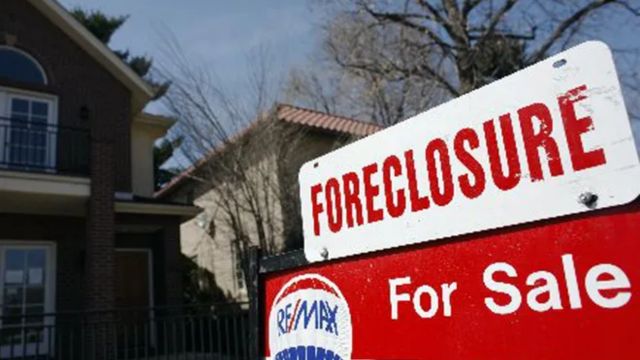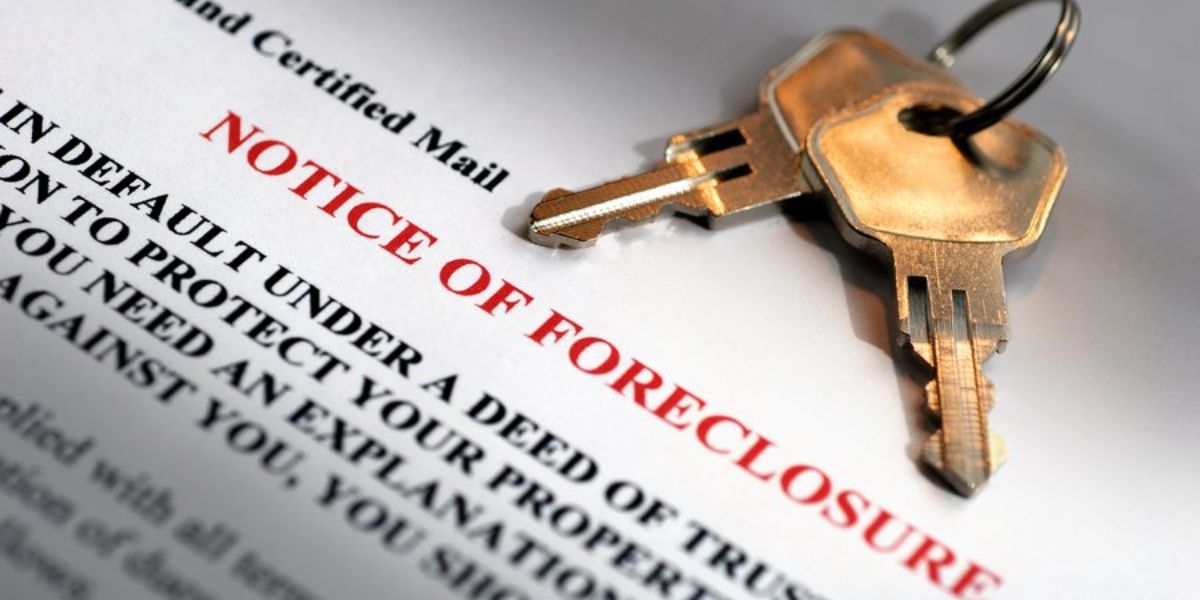MJP –
According to a recent analysis by Attom, a real estate data analytics business, South Florida still has one of the nation’s highest foreclosure rates.
According to the data, foreclosure activities in Florida increased dramatically in August, despite a decline in the national foreclosure rate.
Foreclosures fell 5.3% from July 2023 to the same month the previous year and 11% from the prior year nationwide.
On the other hand, foreclosure activity increased by 15.71% from July and by 2.64% from the previous year in Florida, indicating the inverse trend. At 3,807 properties or one in every 2,605 housing units, Florida is currently the state with the second-highest number of foreclosures in the US. With one out of every 2,473 units in default, Nevada had the second-highest foreclosure rate.
Current Trends in South Florida Foreclosures
According to the research, one out of every 2,429 housing units in South Florida were at risk of foreclosure in August, putting it 12th among major metropolitan regions in the US. Over a thousand homes in the tri-county area—which includes Miami-Dade, Broward, and Palm Beach counties—were in the foreclosure process. The number of foreclosure proceedings in the area rose 9.9% month-over-month and 9.46% year-over-year.

Among the nation’s major metropolitan areas, South Florida had the third-highest number of foreclosure starts in August, at 743.
Effects on the Real Estate Market in South Florida
The majority of the homes included in the Attom report are residential, although it does include all types of properties. Remarkably low foreclosure rates have been observed in South Florida since the Great Recession in 2009, according to Mike Pappas, CEO of The Keyes Company, one of the biggest residential brokerages in the state. The present uptick in foreclosures is an indication that things are starting to get back to normal in the market, says Pappas, following years of record low foreclosure rates.
The Sweetest and Least Sweet States in America: A 2024 Analysis
But homeowners still face a tough economic environment. Some homeowners are finding it more difficult to stay up with their mortgage payments due to the substantial financial difficulties caused by high interest rates and higher insurance prices. Businesses in South Florida are starting to cut down despite low unemployment, which Pappas cautioned is a sign of pressure in an otherwise solid economy.
New Florida regulations require more stringent recertifications for older condo complexes, which further complicates matters. In many condo areas, especially in South Florida, these laws have caused property values to decrease while assessments have gone up.
Distribution by County
In August, 422 homes in Miami-Dade County were listed as being in the foreclosure process. This represents one out of every 2,604 units in the county. An increase of 23.28% from July and 8.4% year-over-year are shown by this.
Out of 2,270 units, 312 were in foreclosure in Palm Beach County. There was a frightening 31.65% increase from the previous year, and a 16.42% increase from the preceding month, in the number of foreclosure actions filed in Palm Beach County.
One out of every 2,368 units in Broward County, or 363 homes, went into foreclosure. Fascinatingly, the foreclosure rate in Broward fell 6.2% from July and 3.46 percentage points from a year ago.
Economic factors like high interest rates and new condo restrictions add to the worrisome picture of a South Florida property market where foreclosure rates are on the rise. The local economy might take a further hit if foreclosure rates keep climbing as homeowners struggle with rising expenses and harsher regulations.
Nevertheless, as South Florida goes through this economic adjustment period, market professionals are keeping a careful eye out for indications of stabilization.



